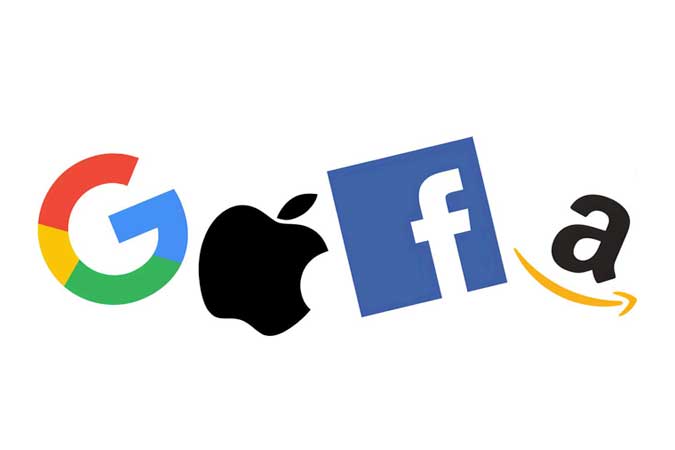‘Private companies have taken over public interest’ — tech ethicist

Attention is the business model of social media, said Tristan Harris, co-founder and president of the Center for Humane Technology, a non-profit that aims to drive a shift toward humane technology that supports well-being, democracy, and a shared information environment.
“If you’re not paying, then you’re the product. The more attention they get from you, the more money [that’s generated for them],” he said at IBM’s Think Conference 2021, a two-day virtual conference that ran May 11–12. “We need to decouple the amount of attention they get from us from the amount of money that [our attention generates for them].”
As a computer science student at Stanford University, Mr. Harris learned what levers can be pulled in the human brain in order to manipulate it. At Google, where used to be a design ethicist, he studied the myriad ways technology triggers the reptilian brain, which controls our primitive drives.
Mr. Harris — a key figure in The Social Dilemma, a Netflix documentary that “reveals how social media is reprogramming civilization” — warned that technology companies have a monopoly when it comes to broadcasting to people at scale. “We’ve surrendered the commons to privately held interest,” he said. “Private companies have taken over public interest, and they’re not spending enough on this public interest even though they’re worth trillions.”
Four of these giants – Apple, Amazon, Alphabet, and Facebook – have been grilled by US lawmakers after a report concluded that they abused their monopoly power. “The four companies had turned from ‘scrappy’ start-ups into ‘the kinds of monopolies we last saw in the era of oil barons and railroad tycoons,’” said the report, which noted their dominance in commerce, search, advertising, social networking, and publishing. To rectify the inequities, the report recommended restoring competition by breaking up the companies.
“We have to find out how to have a regenerative and humane human attention economy with infrastructure that cares about the best of human nature” Mr. Harris said.
AVID PLATFORM USERS
Filipinos spend an average of 4 hours and 15 minutes daily on social platforms, making the Philippines the world’s biggest social media consumers, according to Digital 2021, a report published in January by We Are Social and Hootsuite. Similarweb, a company that analyzes digital world insights, lists Google, Facebook, and YouTube as the most visited websites in the country.
Shopping through social media is also increasing, as highlighted in an earlier 2020 report by We Are Social and Hootsuite: more than half (or 58.3%) of its Filipino respondents said they’ve bought products from a brand’s social media platform. — Patricia B. Mirasol



